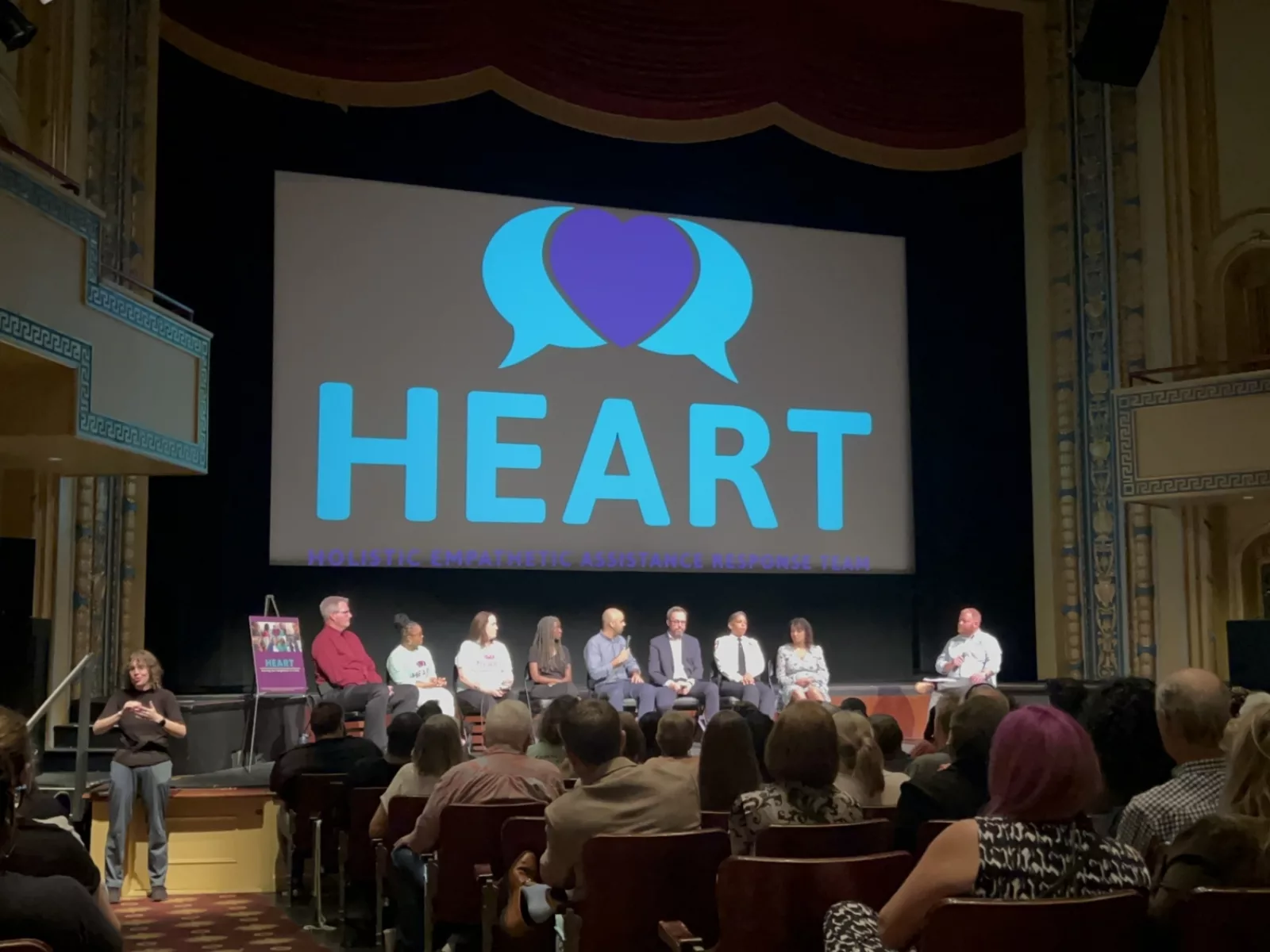Recently, the Social Science Research Council (SSRC), with support from Arnold Ventures (AV), launched the Criminal Justice Innovation (CJI) Fellowship program, which supports early-career researchers who are exploring what works to make communities safer and the criminal justice system fairer and more effective.
In part two of a new series profiling the CJI fellows, AV spoke with Aria Golestani, a postdoctoral research fellow at Northeastern University, who studies crime and public economics with a particular focus on gender and racial bias in the criminal justice system.
Aria Golestani: The Effects of Childhood Trauma as well as Pre-Arrest Diversion
As part of the CJI fellowship program, Golestani will develop research on childhood trauma and pre-arrest diversion programs, among other topics.
“My research evaluates potential challenges to the fair and impartial administration of criminal justice,” Golestani says.
Golestani was born and raised in Iran and completed his bachelor’s degree at the University of Tehran. He says that a mix of conscious and unconscious factors led him to pursue studies of gender in public policy, not least of which was the position of women in his home country. When he moved to the United States to work on a master’s degree at California State University, Los Angeles, he became motivated to learn more about the issues contributing to persistent inequality.
In 2021, Golestani co-authored a paper on the impacts that domestic violence courts have on both victims and people accused of domestic violence offenses. Using administrative data on misdemeanor cases in one Tennessee county between 2000 and 2006, the paper found that defendants arbitrarily assigned to domestic violence courts are more likely to go to trial, and less likely to be convicted, than those in traditional court. It also found that victims in such courts are more likely to cooperate with police and less likely to be involved in future domestic violence incidents.
Currently, Golestani is studying the consequences of nuisance property ordinances on the reporting of domestic violence crimes. Such local ordinances can penalize a landlord when their tenant creates a “nuisance,” including by calling the police because they have been the victim of domestic abuse, and this, in turn, often leads landlords to evict tenants who have been abused.
Golestani wondered if these ordinances might have an impact on whether domestic violence victims call police for help. His preliminary findings show that by effectively punishing victims who report domestic violence, it decreases the reporting rate, posing a barrier to policing domestic violence. “Reporting is an important part of policing,” he says. “To have a well-functioning police response, we need that input.”
Reporting is an important part of policing. To have a well-functioning police response, we need that input.Aria Golestani postdoctoral research fellow at Northeastern University and fellow for the Criminal Justice Innovation (CJI)
There are two new projects that Golestani is excited to work on as part of the new SSRC fellowship. One is a study that will assess the impact of childhood trauma on a person’s long-term work and life outcomes. Working with two scholars from Copenhagen Business School, he will examine exogenous traumatic events — in particular, serial killing events — that people experience in childhood and evaluate their impact on life outcomes throughout their life course.
A second project will examine pre-arrest diversion programs, in which police ticket people for minor offenses rather than arresting them. Such programs can help the person avoid missing work and home responsibilities. Golestani’s study will seek to understand how these programs affect their life outcomes — and whether such opportunities for diversion are applied equally across race and gender.
These projects will build the evidence base around people’s experiences with the justice system and policies that aim to improve community safety, helping lawmakers to identify and choose promising crime-reduction policies. “The most important thing for me is that we are able to look at what we learn and change the way we do things,” Golestani says. “We need to have studies that show where policies lead to their intended purpose and goal, and if we see that policies have unintended consequences, we have to change them.”
Read part one in this series here.














